Introduction
The contemporary power system relies heavily on renewable energy because it supplies emissions-free electricity that strengthens networks and reduces gas emissions and expands power sources and brings new employment opportunities to regional energy markets. System technology now recognizes renewable energy as a fundamental building block for contemporary electricity grids because of rising worldwide energy requirements and sustainable development needs. The advancement of technology and rising environmental issues have made solar power alongside wind power and hydro power and biomass power essential for global electricity production. The discussion elaborates on modern power systems by analysing renewable energy utilization patterns and technical advancement predictions and implementation barriers.Importance of Renewable Energy
Renewable energy stands essential for maintaining two vital aspects of energy security and protecting the climate while moving away from fossil fuel dependence. The production of electricity from renewable resources results in electricity with very low greenhouse gas outputs. Renewable energy sources drive economic development by forming employment opportunities throughout their three fundamental operational sectors which include manufacturing and installation and maintenance.
Key Renewable Energy Sources
1. Solar photovoltaic (PV) systems transform sunlight into electricity at an extraordinary rate making solar energy a leading renewable technology in current times.
2. Wind turbines extract wind-driven kinetic energy in order to produce sunlight-powered electricity with outstanding sustainability.
3. The production of electricity through flowing water power relies on both large-scale and small-scale hydroelectric plants.
4. Using organic agricultural waste together with wood allows the generation of bioenergy which serves power production purposes.
5. Power generation and direct heat systems derive
their energy from hot rock found beneath Earth's surface using Geothermal
Energy.
Renewable Energy and Sustainable Development
Renewable energy systems gives advanced sustainable development by supplying competitive clean energy solutions at lower prices and decreased environmental impacts. Clean renewable energy technologies including solar power and wind power and hydroelectricity and biomass utility systems preserve natural resources and protect against greenhouse gas emission which fight against ecological deterioration.
The main benefit of renewable energy includes decreasing carbon emission levels. Switching to renewable energy systems enables nations to decrease their reliance on fossil fuels and achieve simultaneous reductions in air pollution together with lower global warming effects. The environmental benefits produced by renewable energy lead to decreased respiratory health problems and superior public wellness. Economically, renewable energy fosters job creation and economic growth. The renewable energy sector delivers work opportunities across manufacturing while simultaneously providing installation services and maintenance duties and research projects to boost local national economic growth. Renewable energy systems decrease dependence on foreign energy supplies thus enhancing energy security as well as maintaining stable energy costs.
Solar energy establishes accessible energy systems that ensure fair distribution of power between different groups of people. Solar microgrids and wind turbines operating as renewable energy technologies deliver power to populations in developing countries who live beyond conventional power grids. The access to fundamental services including lighting and refrigeration and communication becomes possible through renewable energy systems which automatically enhances education and healthcare and overall life quality.
Furthermore renewable energy serves as a resource management tool that boosts sustainability. Renewable energy sources fulfil their purpose differently compared to coal and oil because they renew automatically and protect environmental ecosystems from degradation. Balancing hydropower energy generation with water conservation practices enables sustainable operations and wind energy and solar power require minimal properties for their operation.
Renewable energy represents the essential basis for
sustainable development because it protects the environment while strengthening
economic stability and advancing social advancement. Societies that invest in
renewable technologies will build sustainability along with continuous access
to energy for future populations.
Integration into Modern Power Systems
Accessing power grids through renewable energy demand enhanced capabilities in grid management and storage systems together with smart innovation. The combination of advanced grid systems with battery storage mechanisms operates as supply and demand regulators to maintain stable and reliable distribution of electricity. Renewable energy systems that unite multiple power sources can maximize both operational accuracy and reliability outcomes.
Challenges and Solutions
The implementation of renewable energy benefits society yet technical problems involving power instability together with high financial investments and territory disputes require focused solutions. Solutions include:
The combination of batteries and pumped hydro storage acts as an energy storage system which accumulates extra energy until low production times need energy.
Advanced grid infrastructure linked to digital technologies increases the stability of energy distribution throughout modern power systems.
The investment sector of renewable energy receives backing from both governmental support and tax benefits coupled with financial subsidies.
Future Prospects
Renewable energy displays encouraging tendencies because scientists continuously discover improved ways to improve efficiency and storage and decrease costs. Nation states throughout the world adopt strong renewable energy targets which ensure a future with both sustainability and clean energy systems. Additional scientific research and innovation will speed up the process of integrating renewable power technologies into utility networks.
Conclusion
The modernization of power systems depends on renewable energy because it provides sustainable power at affordable prices with fewer environmental side effects compared to traditional energy generation methods. The combination of technological progress with official government backing will boost the strategic shift towards sustainable power systems with improved resilience.
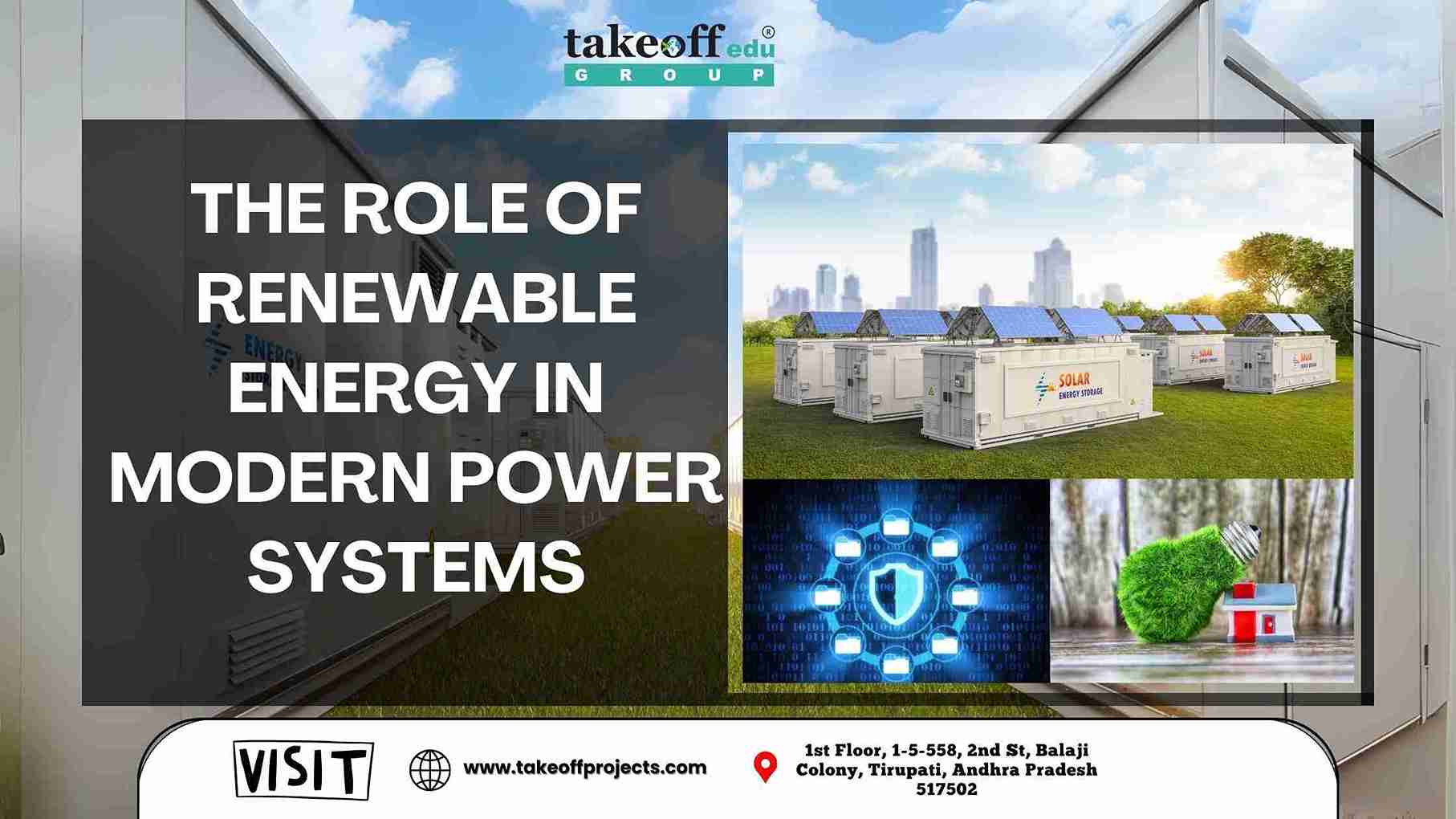
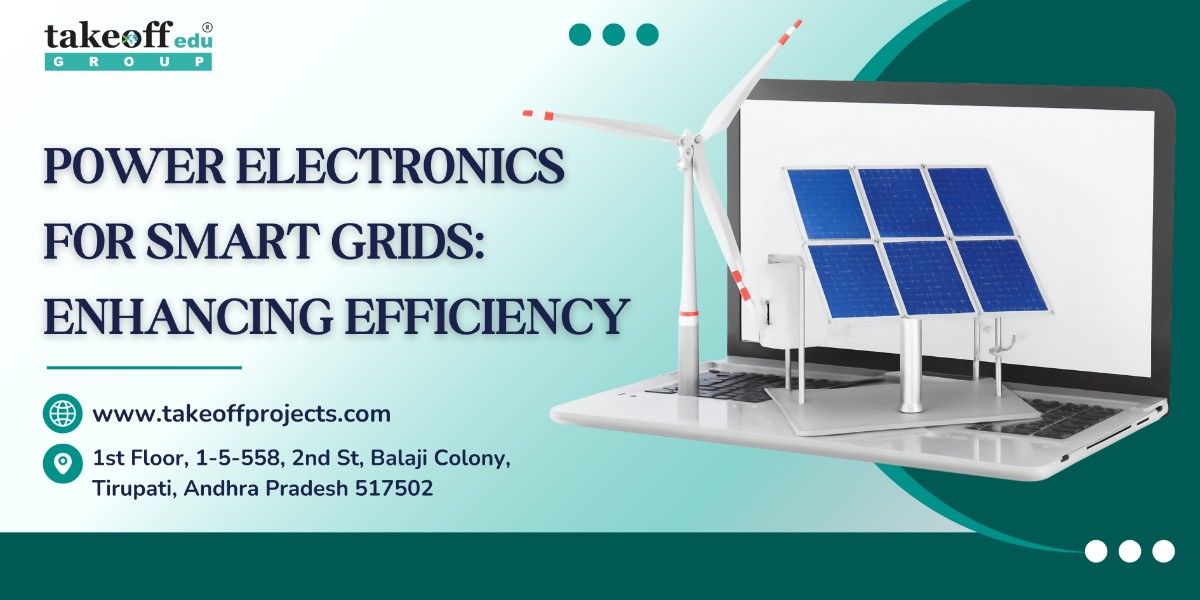 Power Electronics for Smart Grids: Enhancing Efficiency
Power Electronics for Smart Grids: Enhancing Efficiency  Introduction to Control Systems: Principles and Applications
Introduction to Control Systems: Principles and Applications 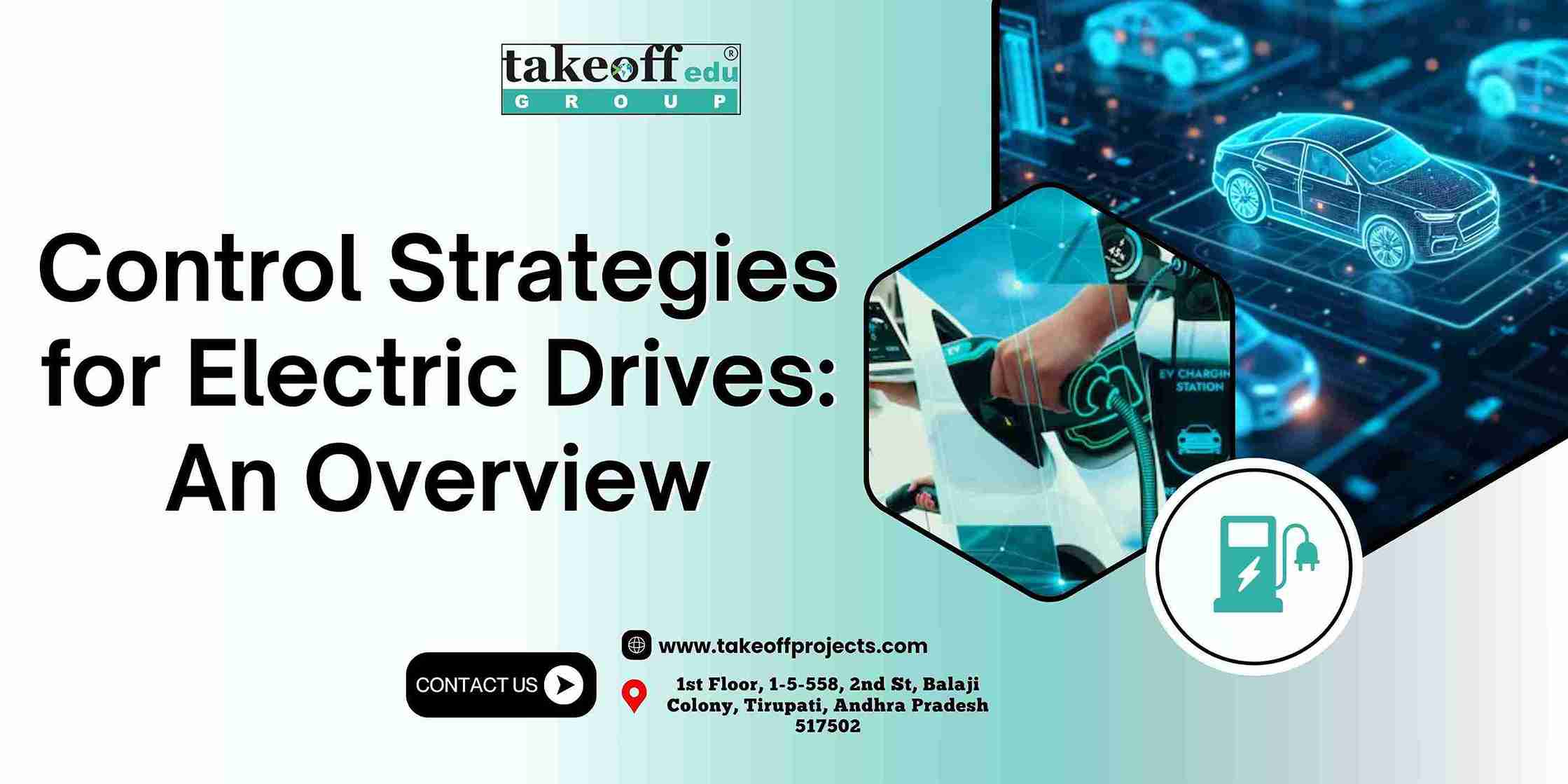 Control Strategies for Electric Drives: An Overview
Control Strategies for Electric Drives: An Overview  Electric Drives: Fundamentals & Key Components
Electric Drives: Fundamentals & Key Components 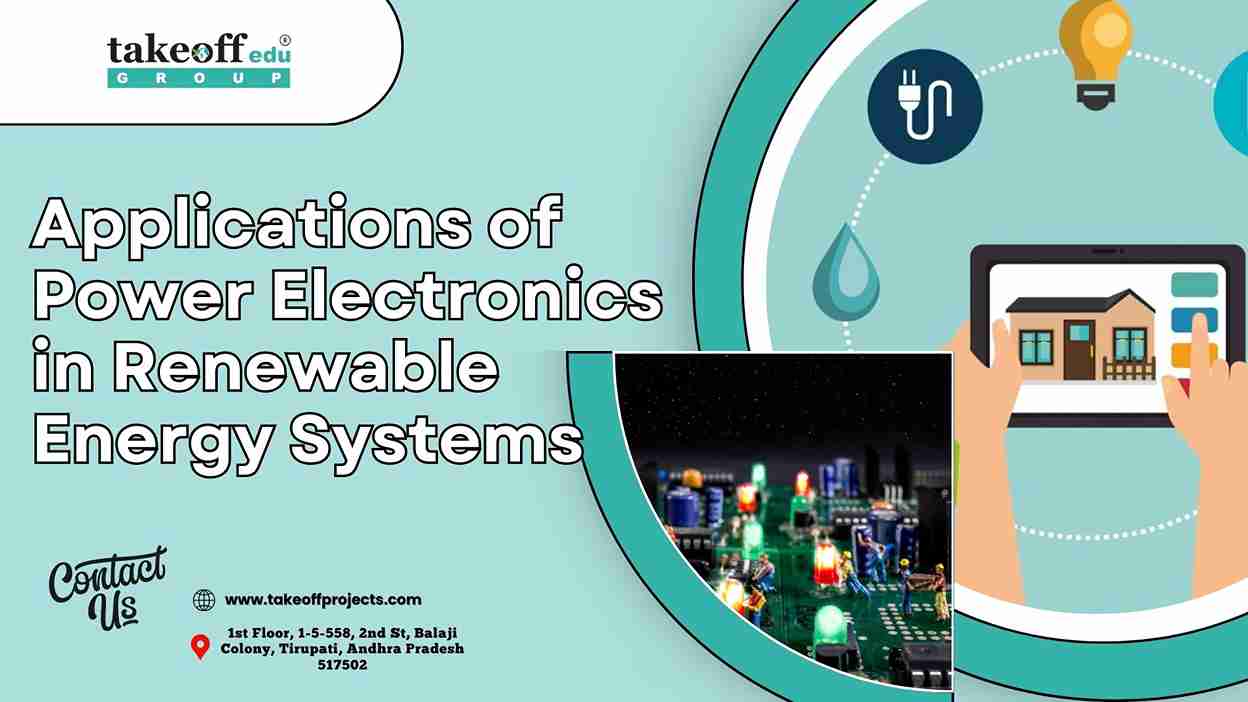 Applications of Power Electronics in Renewable Energy Systems
Applications of Power Electronics in Renewable Energy Systems  Designing Efficient Power Converters: Tips and Techniques
Designing Efficient Power Converters: Tips and Techniques  Advances in Power Semiconductor Devices
Advances in Power Semiconductor Devices 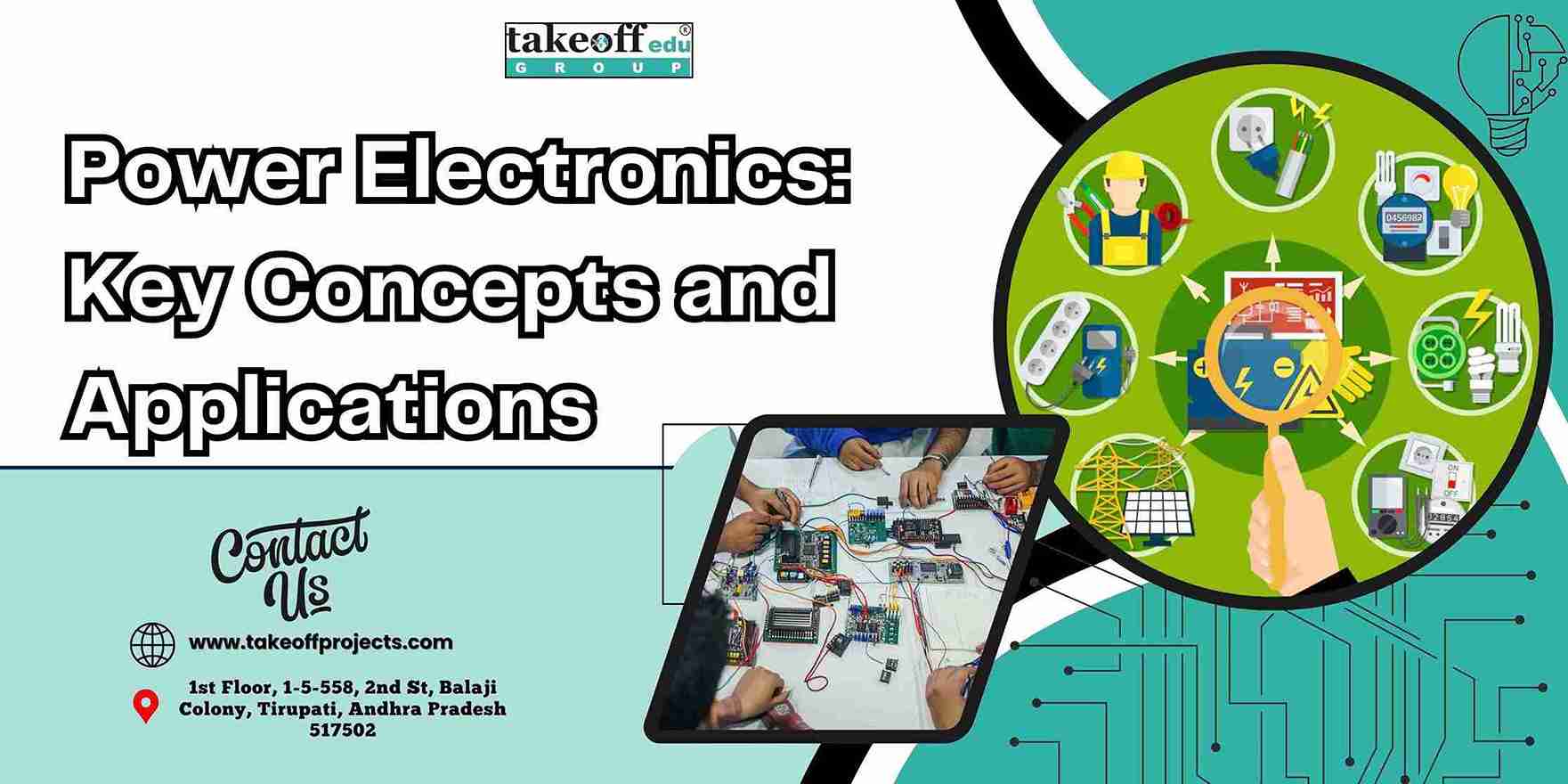 Power Electronics: Key Concepts and Applications
Power Electronics: Key Concepts and Applications  Cybersecurity in Power Systems: Protecting Critical Infrastructure
Cybersecurity in Power Systems: Protecting Critical Infrastructure 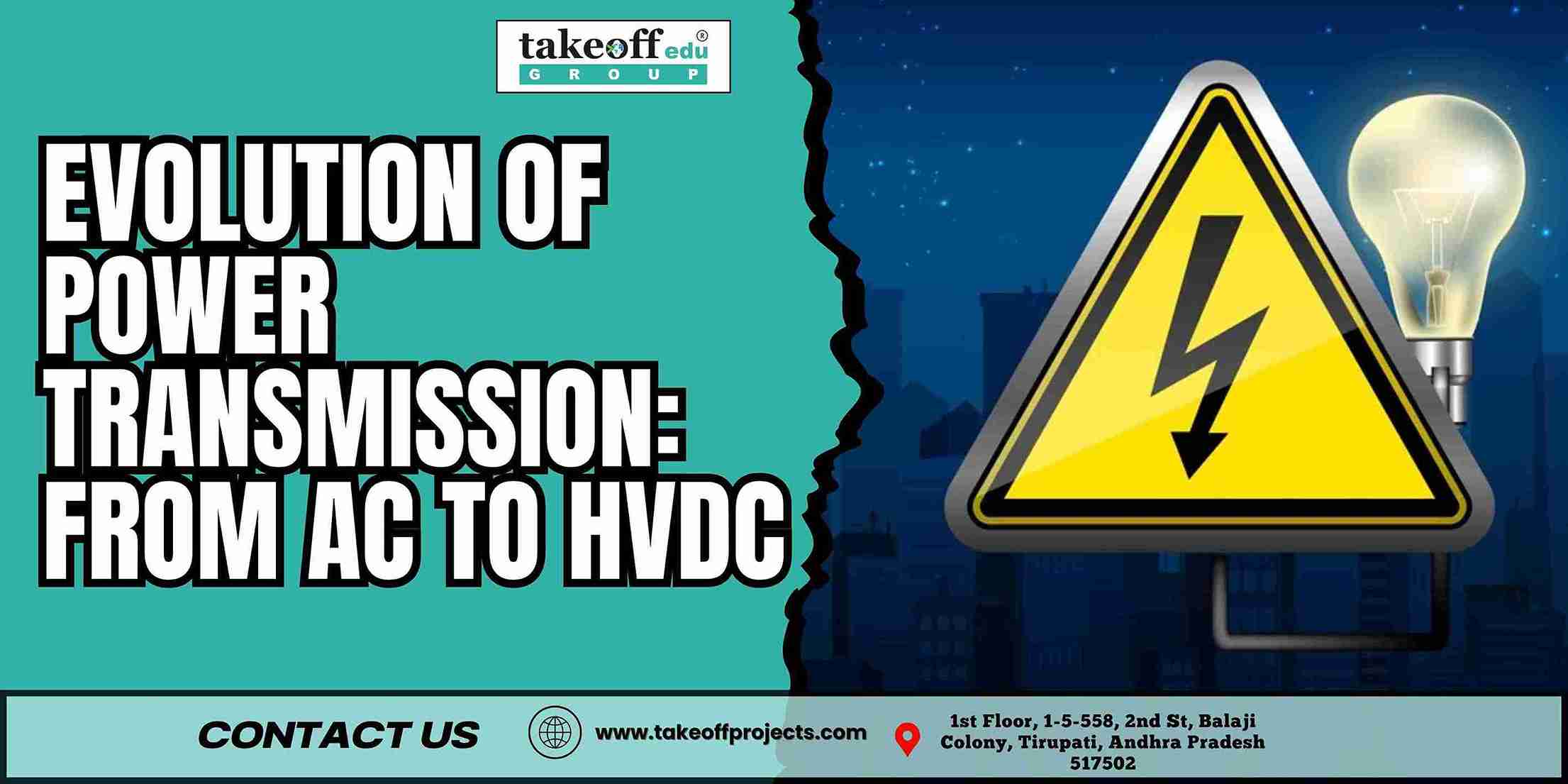 The Evolution of Power Transmission: From AC to HVDC
The Evolution of Power Transmission: From AC to HVDC 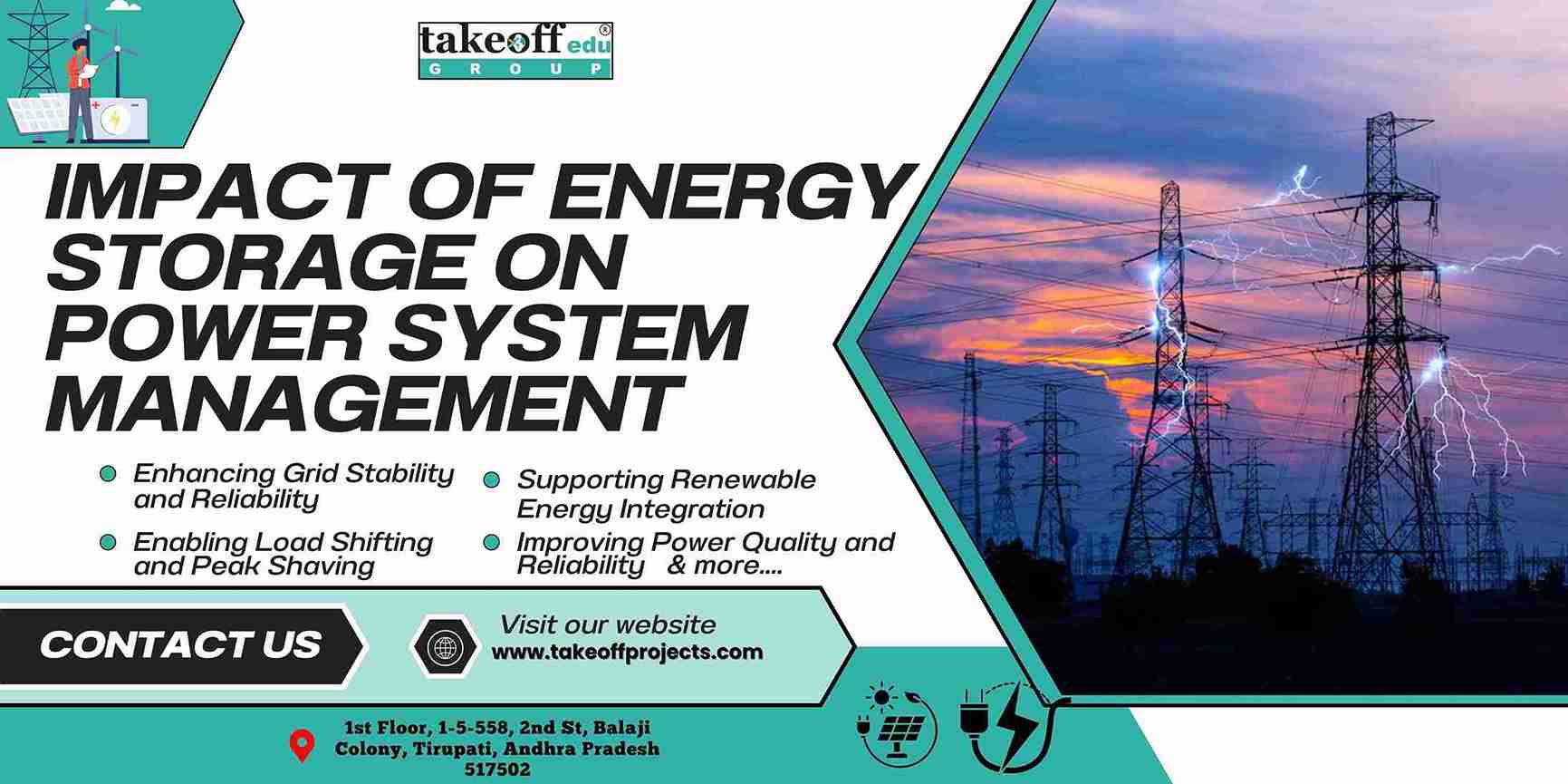 Impact of Energy Storage on Power System Management
Impact of Energy Storage on Power System Management 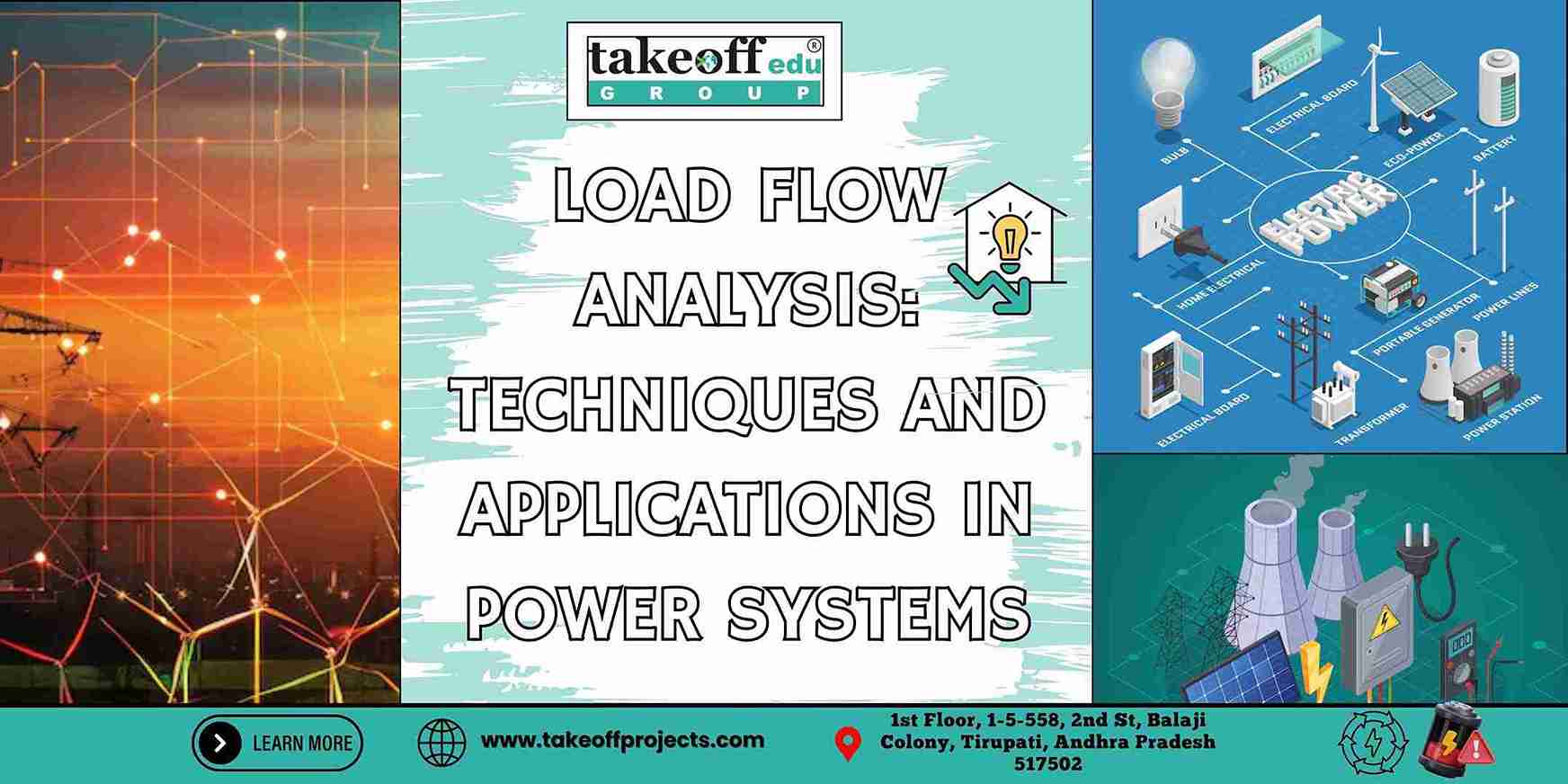 Load Flow Analysis : Techniques and Applications in Power Systems
Load Flow Analysis : Techniques and Applications in Power Systems 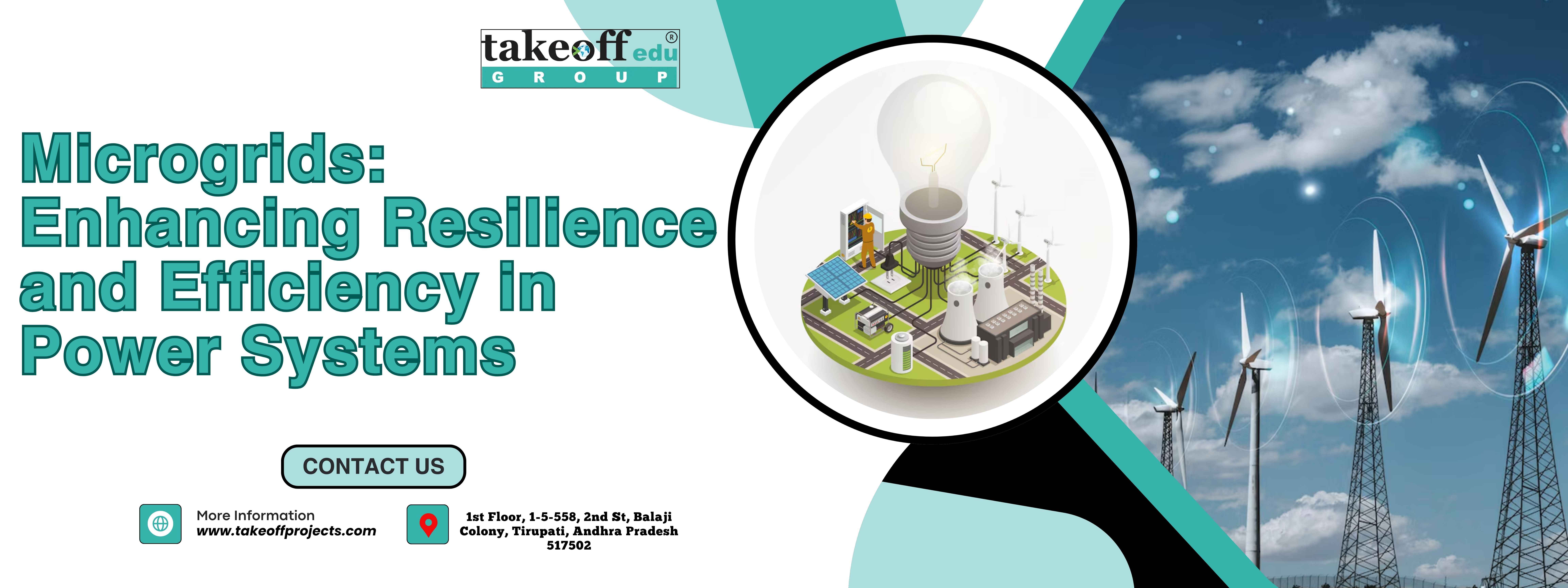 Microgrids: Enhancing Resilience and Efficiency in Power Systems
Microgrids: Enhancing Resilience and Efficiency in Power Systems 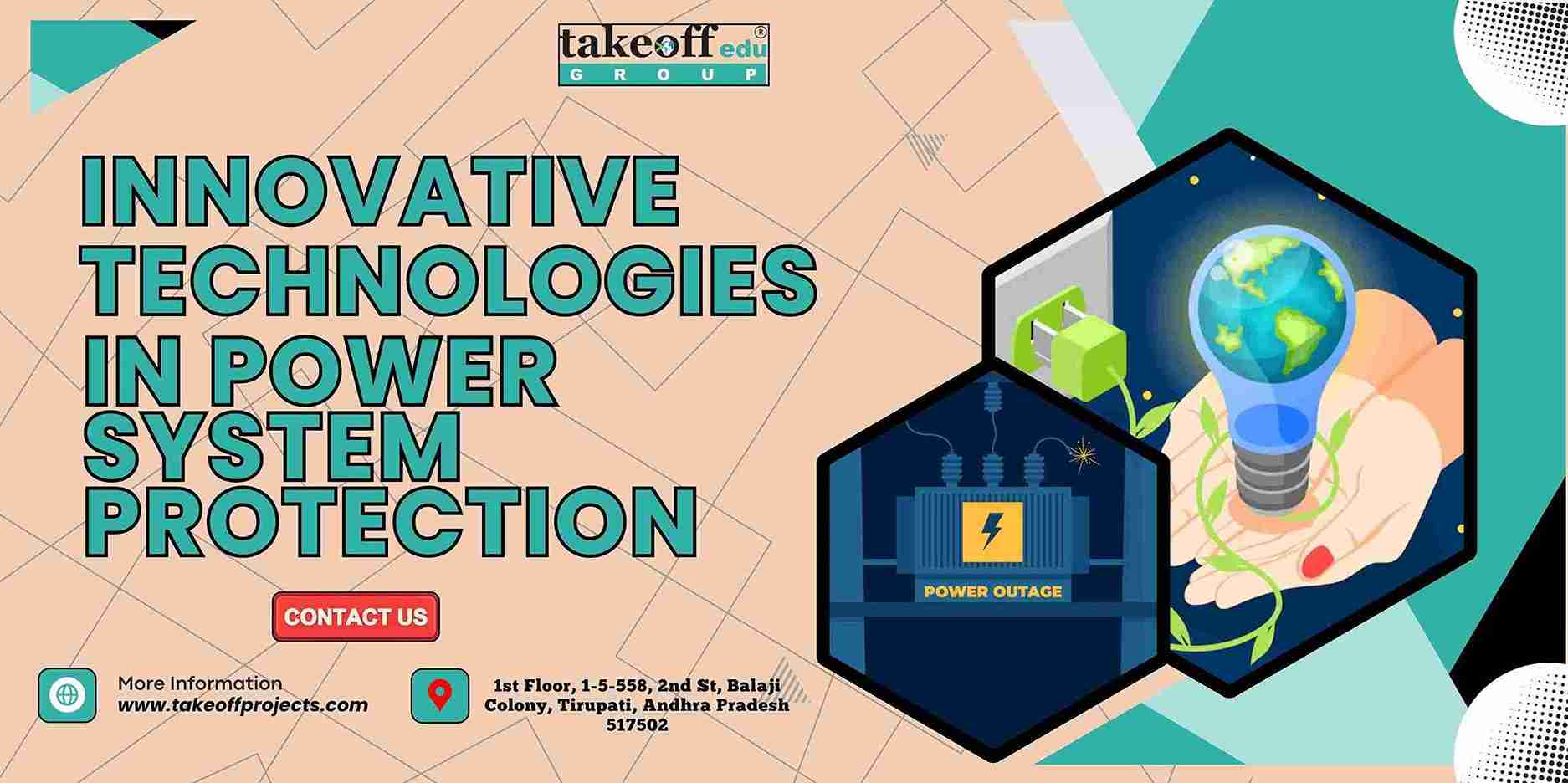 Innovative Technologies in Power System Protection
Innovative Technologies in Power System Protection 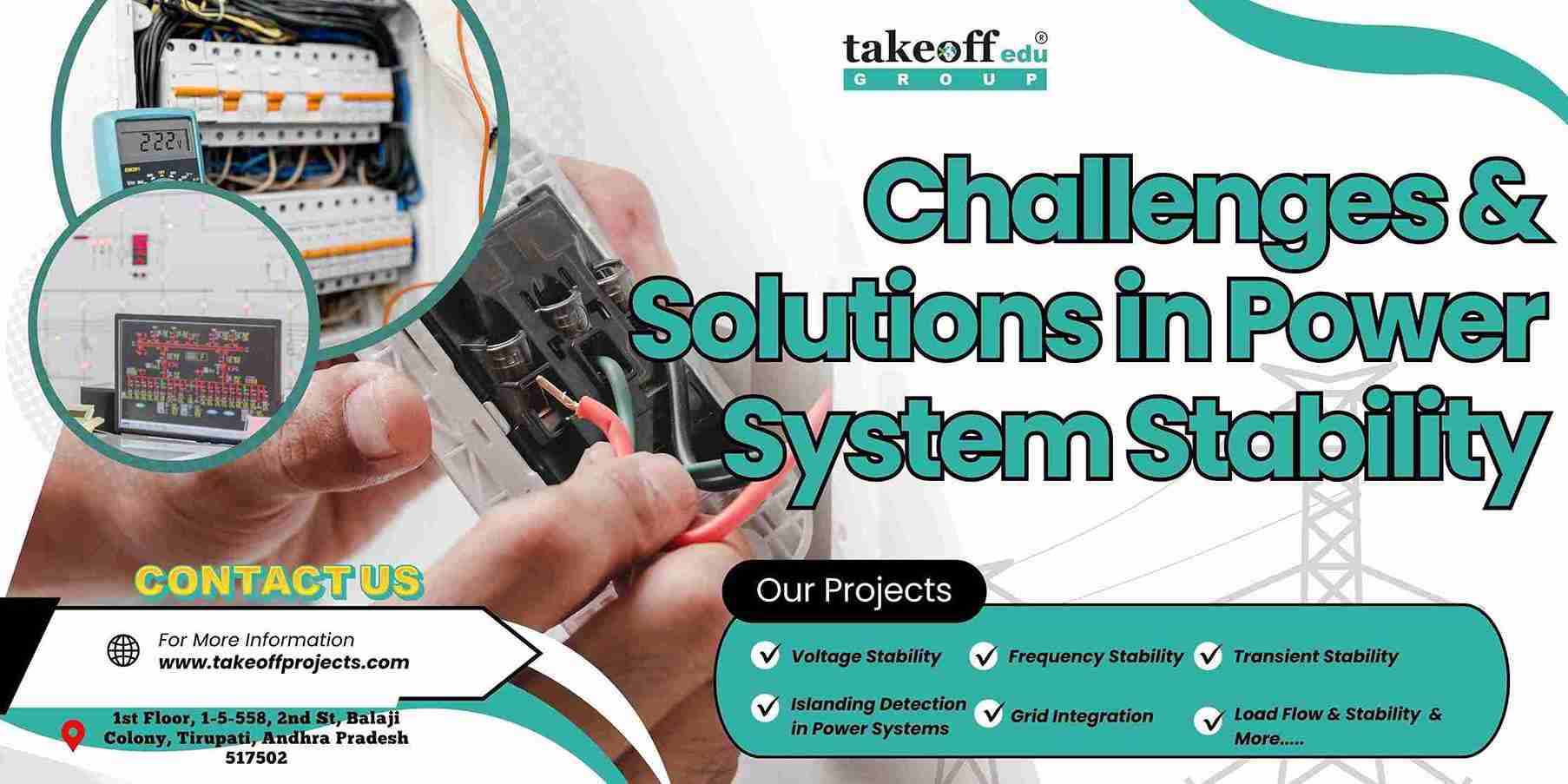 Challenges and Solutions in Power System Stability
Challenges and Solutions in Power System Stability 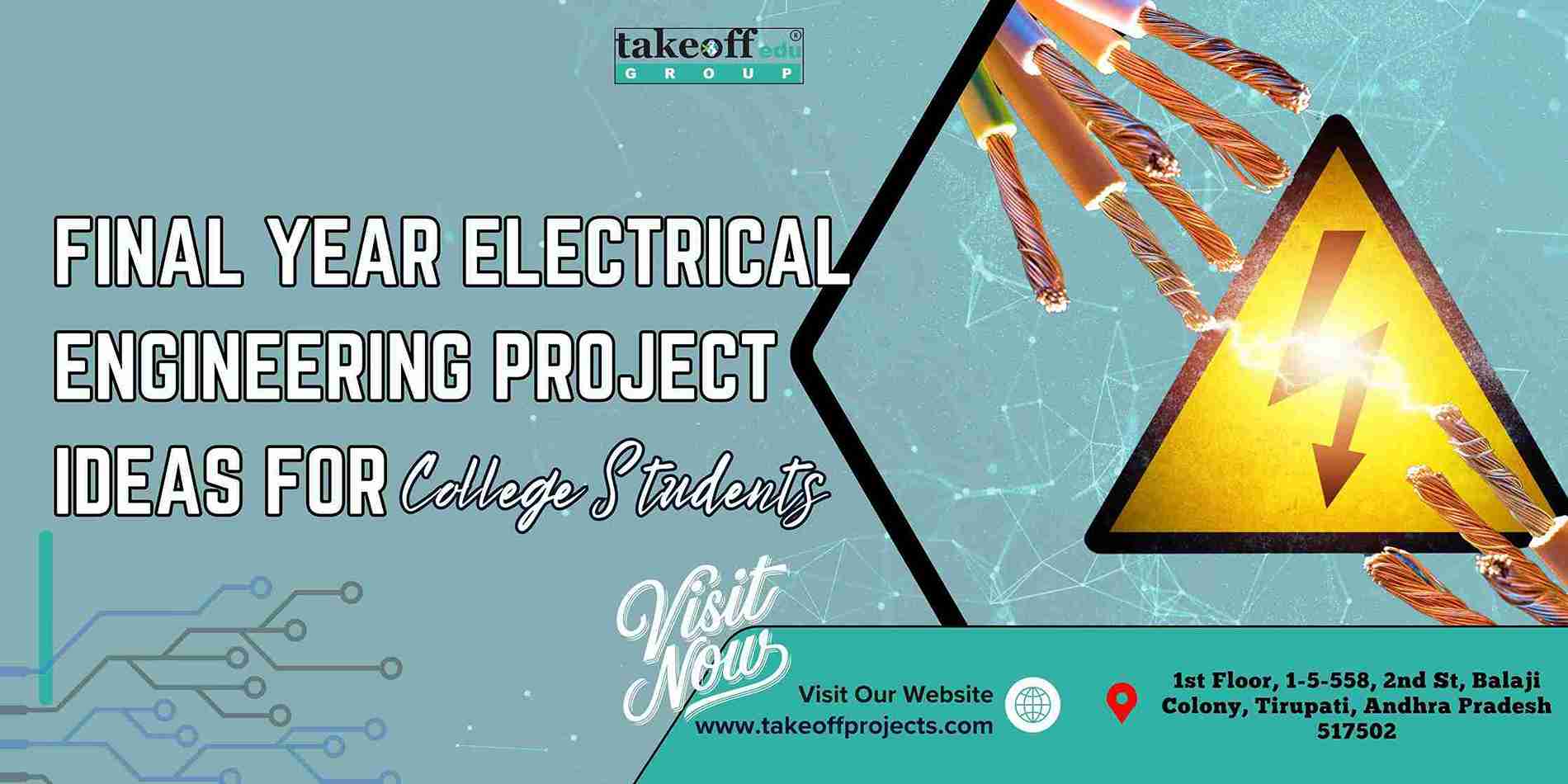 Final Year Electrical Engineering Project Ideas for College Students
Final Year Electrical Engineering Project Ideas for College Students 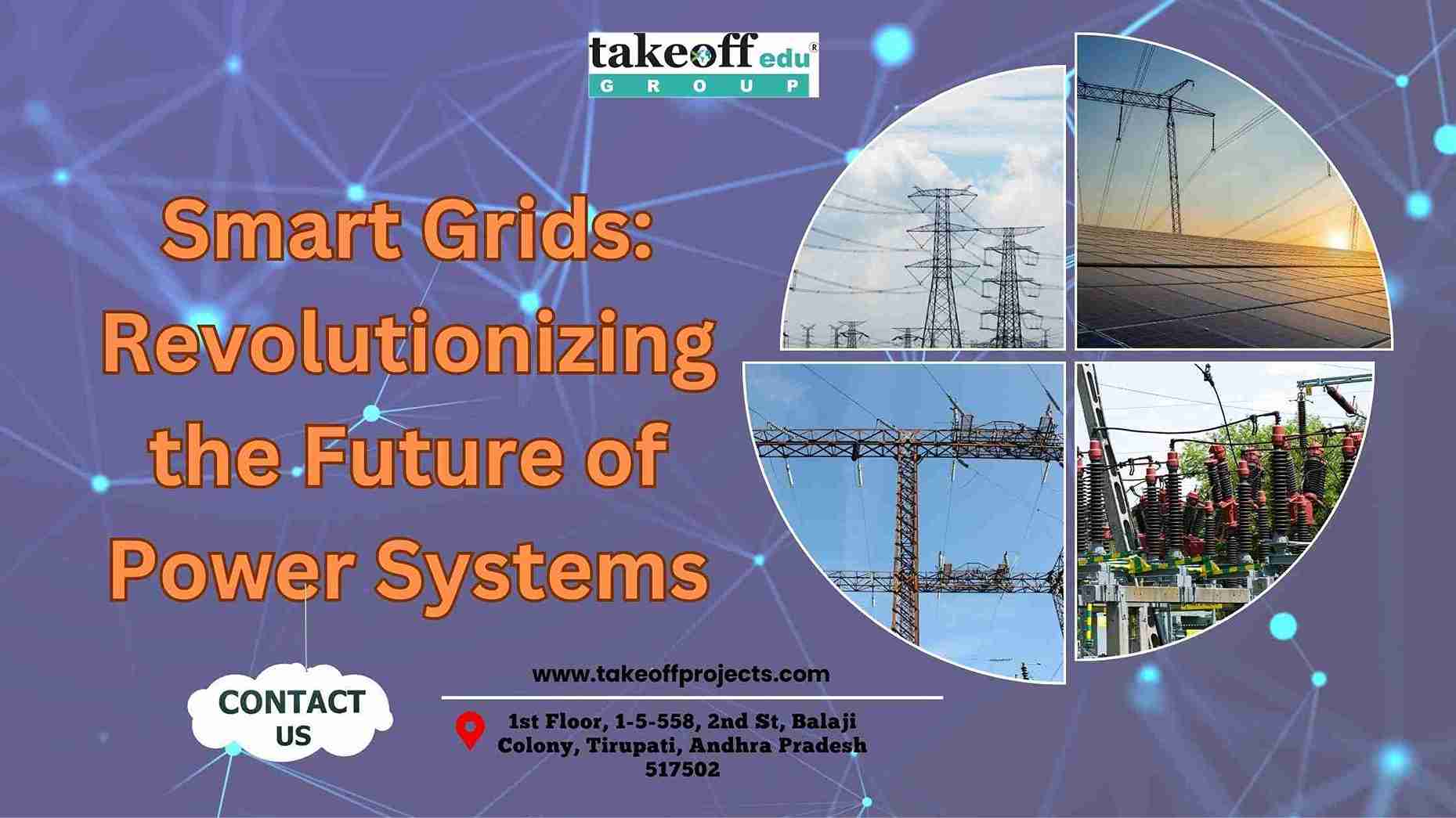 Smart Grids: Revolutionizing the Future of Power Systems
Smart Grids: Revolutionizing the Future of Power Systems 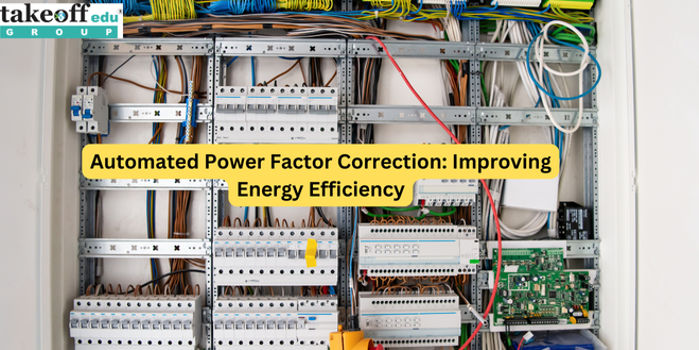 Automated Power Factor Correction: Improving Energy Efficiency
Automated Power Factor Correction: Improving Energy Efficiency 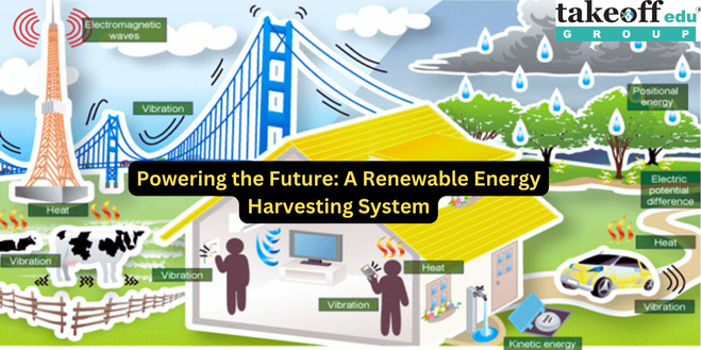 Powering the Future: A Renewable Energy Harvesting System
Powering the Future: A Renewable Energy Harvesting System 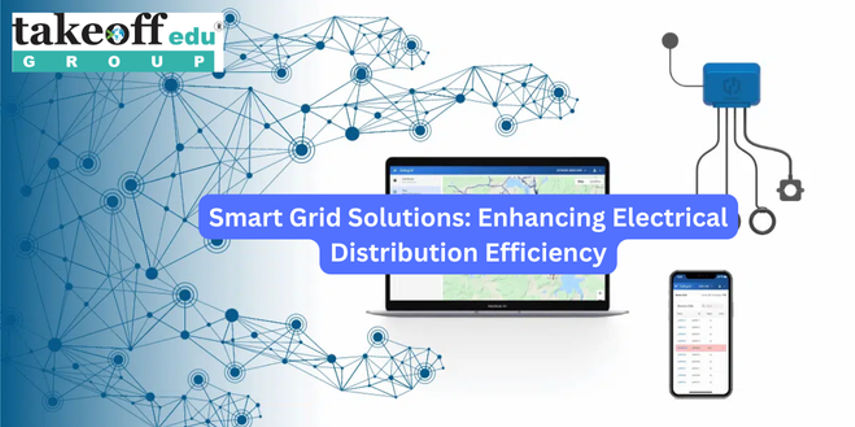 Smart Grid Solutions: Enhancing Electrical Distribution Efficiency
Smart Grid Solutions: Enhancing Electrical Distribution Efficiency 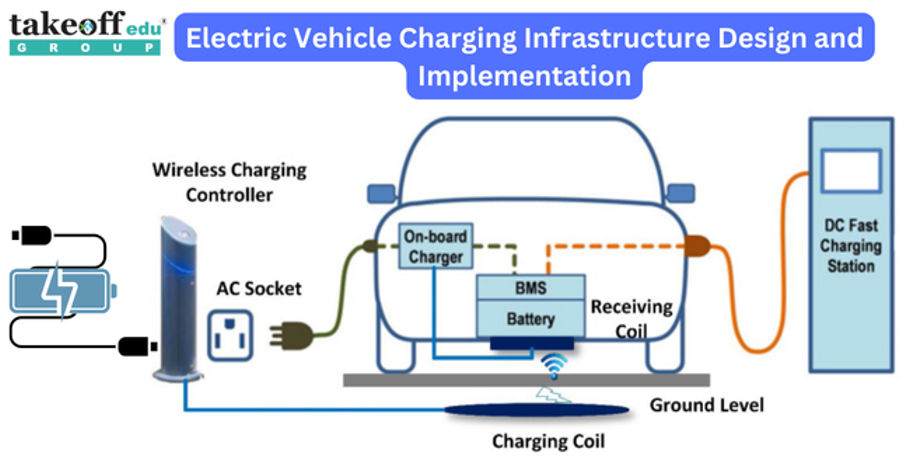 Electric Vehicle Charging Infrastructure Design and Implementation
Electric Vehicle Charging Infrastructure Design and Implementation 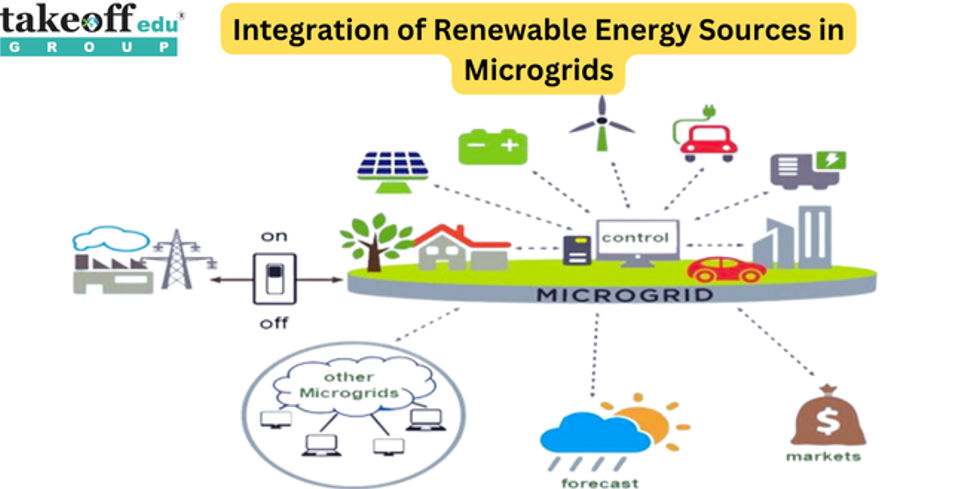 Integration of Renewable Energy Sources in Microgrids
Integration of Renewable Energy Sources in Microgrids 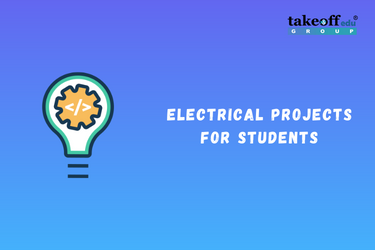 Electrical Projects Engineering Students
Electrical Projects Engineering Students  M.Tech Thermal Engineering Projects
M.Tech Thermal Engineering Projects  IEEE Projects for Electrical Engineering
IEEE Projects for Electrical Engineering  Mini Projects for EEE
Mini Projects for EEE 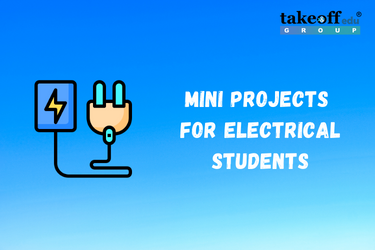 Mini Projects for Electrical Students
Mini Projects for Electrical Students 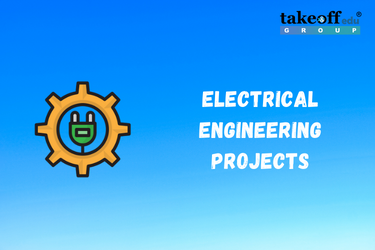 Top Electrical Projects for Final Year Students
Top Electrical Projects for Final Year Students 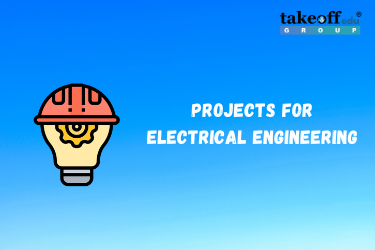 10 Interesting Projects for Electrical Engineering Students 2022
10 Interesting Projects for Electrical Engineering Students 2022  7 Trending Power Systems Based Projects for EEE
7 Trending Power Systems Based Projects for EEE  Top 10 Power Electronics Projects for EEE
Top 10 Power Electronics Projects for EEE  Top 16 Electrical Engineering Projects
Top 16 Electrical Engineering Projects 
 Paper Publishing
Paper Publishing


